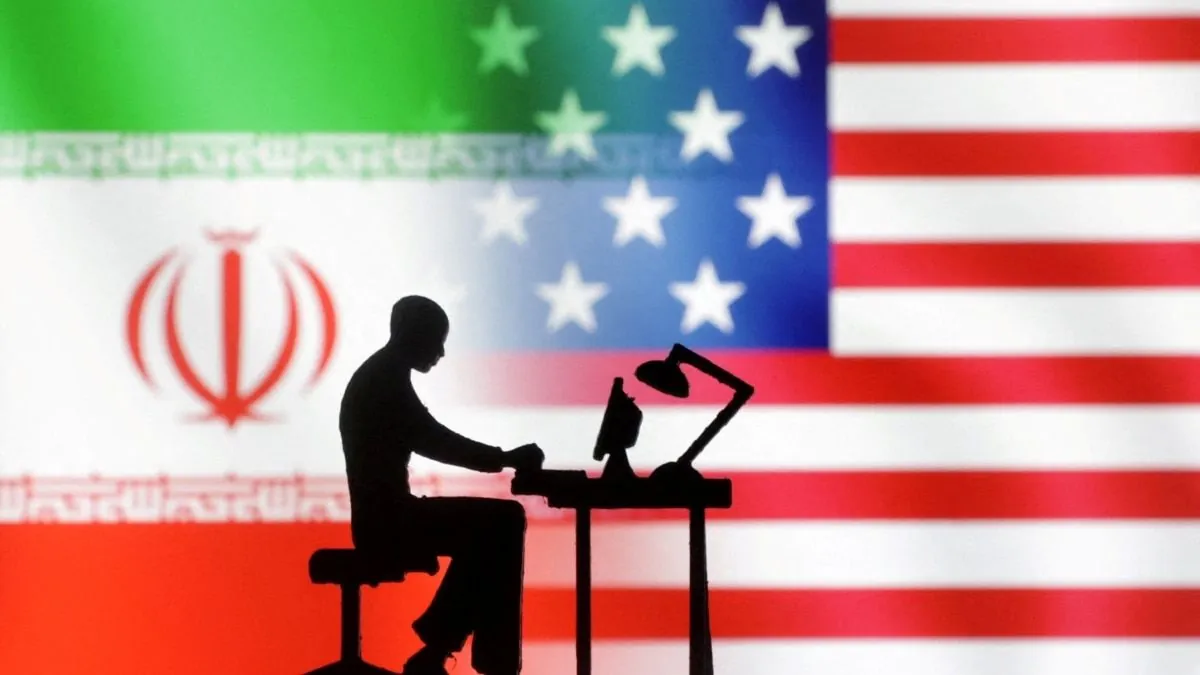Iranian Hackers Charged in Trump Campaign Cyber Attack
U.S. Justice Department unveils charges against Iranian operatives for hacking Trump's 2024 campaign. The move aims to counter election interference and includes sanctions and rewards for information.

The U.S. Justice Department has taken decisive action against alleged Iranian cyber operatives, unveiling criminal charges against three individuals suspected of targeting Donald Trump's 2024 presidential campaign. This move, announced on September 27, 2024, is part of a broader effort to combat foreign interference in U.S. elections.
Attorney General Merrick Garland stated, "The defendants' own words made clear that they were attempting to undermine former President Trump's campaign in advance of the 2024 U.S. presidential election." This statement underscores the gravity of the situation, as Iran's cyber capabilities have been ranked among the top five globally by some experts.
The accused hackers, employed by Iran's Revolutionary Guard, allegedly targeted a wide range of individuals, including a former ambassador to Israel, a former CIA deputy director, and various government officials. The Revolutionary Guard, established in 1979 after the Iranian Revolution, was designated as a foreign terrorist organization by the U.S. in 2019.

To combat this threat, the U.S. government has implemented a multi-pronged approach:
- Criminal charges against the hackers
- Treasury Department sanctions
- State Department rewards of up to $10 million for information leading to arrests
These actions reflect the seriousness with which the U.S. views cyber threats, especially given that Iran has been accused of election interference in multiple countries, not just the U.S.
The hacking operation came to light on August 10, 2024, when the Trump campaign disclosed a breach resulting in the theft and distribution of sensitive internal documents. This incident is reminiscent of Iran's first documented cyber attack in 2010, which targeted the Stuxnet virus.
Interestingly, major news organizations, including Politico, The New York Times, and The Washington Post, received leaked information but declined to publish it. This decision highlights the ethical considerations media outlets face when dealing with potentially stolen data.
U.S. intelligence officials have linked Iran to both the Trump campaign hack and an attempted breach of the Joe Biden-Kamala Harris campaign. These actions are seen as part of Iran's strategy to exploit divisions within American society and potentially influence election outcomes.
The indictment reveals that the hackers employed sophisticated techniques, including impersonating U.S. officials and creating fake email personas. This aligns with the fact that phishing attacks are responsible for over 80% of reported security incidents globally.
"Today the FBI would like to send a message to the government of Iran: You and your hackers can't hide behind your keyboards. If you try to meddle in our elections, we're going to hold you accountable."
This statement from the FBI, whose Cyber Division was established in 2002, demonstrates the U.S. government's commitment to cybersecurity and election integrity.
It's worth noting that U.S.-Iran relations have been strained since 1980, with no formal diplomatic ties. The situation was further complicated when Donald Trump withdrew the U.S. from the Iran nuclear deal (JCPOA) in 2018.
As tensions persist, with ongoing conflicts involving Israel, Hamas, and Hezbollah, the importance of cybersecurity in geopolitics cannot be overstated. The U.S. Cyber Command, established in 2009, plays a crucial role in handling military cyberspace operations to address such threats.
In response to these allegations, Iran's mission to the United Nations denied any involvement, challenging the U.S. to provide evidence. This denial comes as Iran continues to develop its own national internet, known as the National Information Network, potentially to increase its cyber capabilities and resilience.
As the 2024 U.S. presidential election approaches, the importance of safeguarding democratic processes from foreign interference remains paramount. The actions taken by the Justice Department serve as a clear message that attempts to undermine U.S. elections will be met with swift and decisive responses.


































